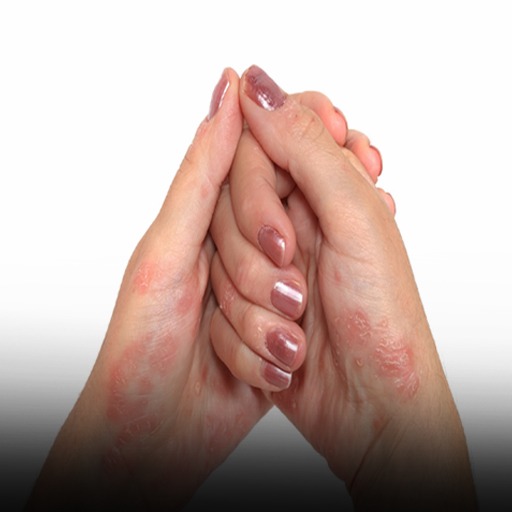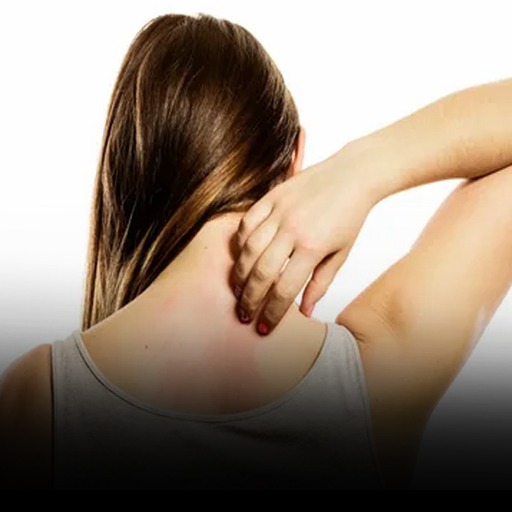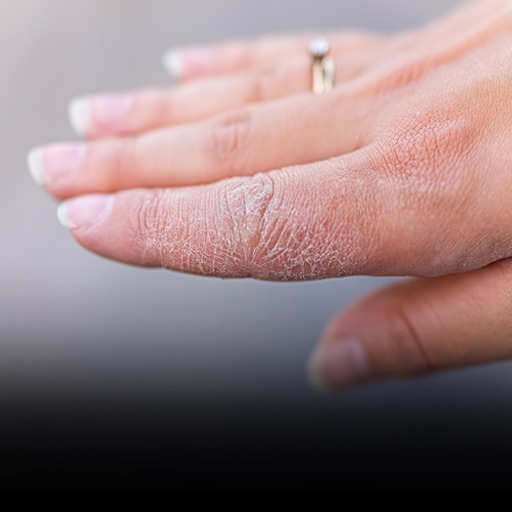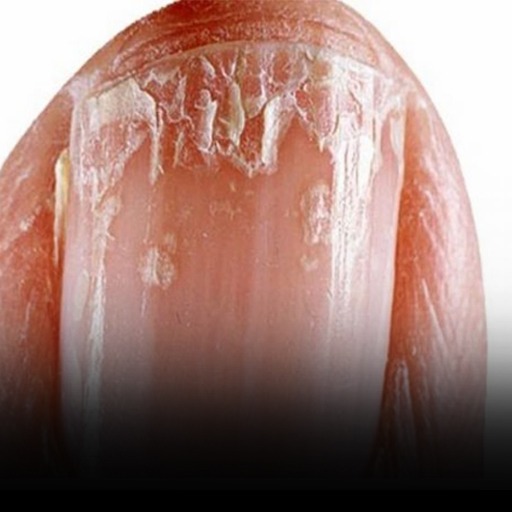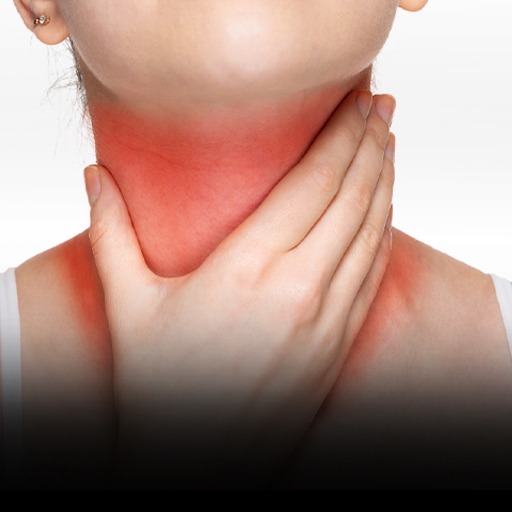What is Psoriasis ?
Psoriasis is a skin condition that can make your skin feel uncomfortable and look different. It's kind of like when you get a cut or scrape on your skin, and it starts to get red and a little swollen. But with psoriasis, it's like your skin gets red, scaly patches in different places on your body.

Imagine your skin is like a puzzle, and it's supposed to have all the pieces fit together nicely. Well, in people with psoriasis, these puzzle pieces don't quite fit right. This makes the skin get all red and bumpy.
It's not contagious, which means you can't catch it from someone else like a cold or the flu. Sometimes, our body's defense system gets a little confused and starts to attack our skin by mistake. This is what causes psoriasis.
Cause of Psoriasis
"Psoriasis is a skin condition triggered by an overactive immune system. Normally, our immune system is our body's shield against harmful invaders like bacteria and viruses. However, in the case of psoriasis, this defense system mistakenly attacks healthy skin cells, causing them to multiply rapidly.
This rapid growth leads to the development of red, itchy patches covered with silvery scales. While the exact cause is not fully understood, it is believed to involve a combination of genetic factors and environmental triggers. These triggers can include stress, infections, certain medications, or even changes in weather.
Understanding the root cause of psoriasis can help individuals manage and treat the condition effectively. Consulting a healthcare professional is essential for accurate diagnosis and personalized treatment plans."
How Psoriasis is diffrent from other skin disease
Psoriasis is a chronic autoimmune skin condition that is characterized by the rapid build-up of skin cells, leading to the formation of thick, scaly patches on the skin's surface. It is important to note that psoriasis is distinct from other skin diseases due to its specific features, causes, and treatment approaches. Here are some key points that differentiate psoriasis from other skin conditions:
Autoimmune Nature:-
• Psoriasis is primarily an autoimmune disease, where the immune system mistakenly targets healthy skin cells, causing an accelerated growth cycle. This results in the formation of plaques or patches on the skin.
• Many other skin conditions, such as eczema or fungal infections, are not autoimmune in nature. They may be triggered by external factors like allergens, irritants, or microbes.
Characteristic Symptoms:-
• Psoriasis typically presents as raised, red patches covered with silvery scales. The most common areas affected include the elbows, knees, scalp, and lower back.
• Other skin diseases may have different symptoms. For example, eczema often involves red, inflamed, and itchy skin, while fungal infections may cause redness, itching, and sometimes blisters.
Chronic Nature:-
• Psoriasis is a chronic condition, meaning it tends to persist over time. While it may have periods of remission, flare-ups are common. Some skin conditions, like allergic reactions or infections, might be acute and resolve with appropriate treatment.
• Some skin conditions, like contact dermatitis, may resolve once the irritant or allergen is removed. Others, like acne, may have a more cyclical nature but can often be treated successfully.
Genetic Component:-
• Psoriasis has a genetic component, and individuals with a family history of the condition may be more prone to developing it.
• While genetics play a role in many skin diseases, other factors such as environmental triggers, allergies, or infections may contribute to their development.
Treatment Approaches:-
• Treatment for psoriasis often involves topical medications, phototherapy, systemic medications, or biologic drugs. The choice of treatment depends on the severity of the condition.
• Other skin conditions may have different treatment approaches. For instance, bacterial infections may require antibiotics, while fungal infections may be treated with antifungal medications.
Associations with Other Conditions:-
• Psoriasis is associated with certain comorbidities, such as psoriatic arthritis, cardiovascular diseases, and metabolic disorders.
• Other skin conditions may have their own set of associated health issues, but the specific associations will vary.
Stages of Psoriasis
Psoriasis is a chronic skin condition that often goes through various stages, with symptoms ranging from mild to severe. The progression and severity of psoriasis can vary among individuals. The most common type of psoriasis is plaque psoriasis, and its stages are often classified based on the extent and severity of the skin involvement. Here are the typical stages of plaque psoriasis:
Plaque Formation (Early Stage):-
Psoriasis usually begins with the formation of small, red, raised lesions or papules covered with silvery scales. These lesions are called plaques and can appear anywhere on the skin, but they often develop on the elbows, knees, scalp, and lower back.
Progression and Enlargement:-
Over time, the plaques may enlarge and merge, creating larger affected areas. The redness and scaling become more pronounced. The skin may feel dry and may crack or bleed, especially in areas of movement or friction.
Maturation and Thickening:-
As the condition progresses, the plaques mature, becoming thicker and more well-defined. The silvery scales continue to accumulate, and the skin underneath may become increasingly inflamed.
Itching and Discomfort:-
Itching (pruritus) is a common symptom in psoriasis. The affected skin may be itchy and uncomfortable, leading to scratching, which can worsen the condition and potentially trigger the Koebner phenomenon, where new lesions form at the site of skin injury.
Inverse Psoriasis (Flexural Psoriasis):-
In some cases, psoriasis may affect skin folds, such as the armpits, groin, or under the breasts. This is known as inverse psoriasis. The lesions in these areas are often smooth and red, without the typical scaling seen in plaque psoriasis.
Nail Involvement:-
Psoriasis can affect the nails, causing changes such as pitting (small dents), discoloration, thickening, and separation of the nail from the nail bed.
Joint Involvement (Psoriatic Arthritis):-
In some individuals, psoriasis may be associated with psoriatic arthritis, which affects the joints. Joint pain, swelling, and stiffness may occur, and this can be a more severe manifestation of the disease.
Factors affecting psoriasis
Internal:-
Genetics:-
Family history plays a significant role in psoriasis. Individuals with a family member, especially a first-degree relative, who has psoriasis are at a higher risk of developing the condition.
Immune System Dysfunction:-
Psoriasis is considered an autoimmune disease where the immune system mistakenly targets healthy skin cells, leading to inflammation and an accelerated production of skin cells. Immune system dysregulation is a key internal factor in the development of psoriasis.
Inflammatory Response:-
Chronic inflammation is a common feature of psoriasis. Various internal factors, such as imbalances in cytokines (molecules involved in immune responses), contribute to the inflammatory response seen in psoriatic skin lesions.
Stress:-
Psychological stress is known to trigger or exacerbate psoriasis in some individuals. Stress can impact the immune system and may contribute to the inflammatory processes associated with psoriasis.
Hormonal Changes:-
Hormonal changes, such as those occurring during puberty, pregnancy, and menopause, can influence the development or worsening of psoriasis. Fluctuations in hormone levels may affect the immune system and trigger psoriasis in susceptible individuals.
Infections:-
Certain infections, particularly streptococcal infections (such as strep throat), can trigger or worsen psoriasis, especially in individuals with a genetic predisposition.
Medications:-
Some medications, including lithium, beta-blockers, and antimalarial drugs, can exacerbate or trigger psoriasis in susceptible individuals. It's essential to discuss the potential impact of medications with a healthcare provider.
Obesity:-
Obesity is associated with an increased risk of psoriasis and may contribute to the severity of the condition. Adipose tissue produces substances that can exacerbate inflammation, potentially influencing psoriasis development.
Alcohol Consumption:-
Excessive alcohol consumption has been linked to an increased risk of psoriasis and may worsen existing psoriasis in some individuals. Alcohol can have inflammatory effects on the body.
Smoking:-
Smoking is considered a risk factor for psoriasis and is associated with an increased severity of the condition. The exact mechanisms linking smoking and psoriasis are not fully understood, but the inflammatory effects of smoking may contribute.
External:-
External factors often referred to as triggers, can influence the development and exacerbation of psoriasis symptoms in individuals who are genetically predisposed to the condition. While these triggers vary from person to person, some common external factors include:-
Trauma or Injury (Koebner Phenomenon):-
Skin injuries, such as cuts, burns, or abrasions, can trigger the Koebner phenomenon, where new psoriatic lesions develop at the site of skin trauma. This is a common trigger for psoriasis flare-ups.
Infections:-
Certain infections, particularly streptococcal infections (e.g., strep throat), can trigger or worsen psoriasis. Managing and promptly treating infections may help reduce the risk of psoriasis exacerbation.
Climate and Weather Conditions:-
Psoriasis symptoms may be affected by climate and weather. Some people find that cold, dry weather worsens their symptoms, while others may experience exacerbations in hot, humid conditions. Climate-related triggers can vary among individuals.
Sunlight Exposure:-
Moderate exposure to sunlight is often beneficial for individuals with psoriasis due to its immunosuppressive effects and the production of vitamin D. However, excessive sun exposure can lead to sunburn, which may trigger psoriasis flare-ups.
Medications:-
Certain medications, including beta-blockers, antimalarial drugs, lithium, and nonsteroidal anti-inflammatory drugs (NSAIDs), can exacerbate or trigger psoriasis in some individuals. It's important to discuss medication-related triggers with a healthcare provider.
Certain Skin Care Products:-
Harsh soaps, perfumes, and skin care products with irritating chemicals can trigger or worsen psoriasis symptoms. Using mild, fragrance-free products is advisable for individuals with psoriasis.
Dietary Factors:-
While the relationship between diet and psoriasis is complex and varies among individuals, some people find that certain foods, such as spicy foods, citrus fruits, or gluten-containing products, may trigger psoriasis flare-ups. Identifying and avoiding specific dietary triggers can be beneficial for some individuals.
FAQ's
Ayurveda is an ancient system of medicine that views psoriasis as an imbalance of doshas (Vata, Pitta, Kapha). Treatment involves restoring balance through lifestyle, diet, and herbal remedies.
Yes, Ayurvedic practices aim to address the root cause of psoriasis and provide relief from symptoms through a holistic approach.
Imbalances in both Pitta and Vata doshas are commonly associated with psoriasis in Ayurveda.
The root cause is believed to be the accumulation of toxins (ama) in the body, leading to dosha imbalances and skin manifestations.
Neem, turmeric, aloe vera, and guggul are commonly used Ayurvedic herbs for psoriasis.
Ayurveda recommends a Pitta-pacifying diet, avoiding spicy and acidic foods, and including cooling foods like cucumber and mint.
Yes, Panchakarma, a detoxification procedure, is often recommended to eliminate toxins and restore balance in psoriasis.
Practitioners use techniques like pulse diagnosis and examination to identify an individual's dosha constitution and imbalances.
Ayurveda emphasizes stress management, regular exercise, and a daily routine to promote overall well-being.
Yes, Ayurveda recognizes the mind-body connection and includes practices like meditation and yoga for mental well-being.
Gentle massages with herbal oils can help soothe the skin and reduce inflammation in psoriasis.
Ayurvedic oils like neem oil, coconut oil, or herbal formulations may be recommended for topical application.
Individual responses vary, but improvements may be seen within a few weeks to months, depending on the severity of the condition.
Ayurvedic treatments can be adapted for children, but it's crucial to consult with a qualified Ayurvedic practitioner.
Yes, Ayurveda can complement conventional treatments. It's essential to inform healthcare providers about all treatments being used.
Practices such as oil pulling, self-massage, and mindful eating can be incorporated into daily routines.
Ayurveda emphasizes good digestion as essential, and dietary choices are made to support a healthy digestive system.
Meditation, yoga, and stress-reducing herbs may be recommended to manage stress, a common trigger for psoriasis.
Ayurveda aims to reduce inflammation and balance doshas, potentially offering relief for psoriatic arthritis symptoms.
Ayurveda can be adapted for various types and stages of psoriasis, and treatments are personalized based on individual needs.
Ayurvedic dietary recommendations may include avoiding certain foods that aggravate Pitta and favoring those that pacify it.
Adjustments in diet and lifestyle according to seasonal changes can help maintain balance during shifts in weather.
Through ongoing lifestyle modifications, Ayurveda aims to prevent imbalances and reduce the frequency of psoriasis flare-ups.
Treatment plans are tailored based on an individual's dosha constitution, imbalances, and specific symptoms.
While more research is needed, some studies suggest the potential benefits of Ayurvedic treatments in managing psoriasis symptoms.

